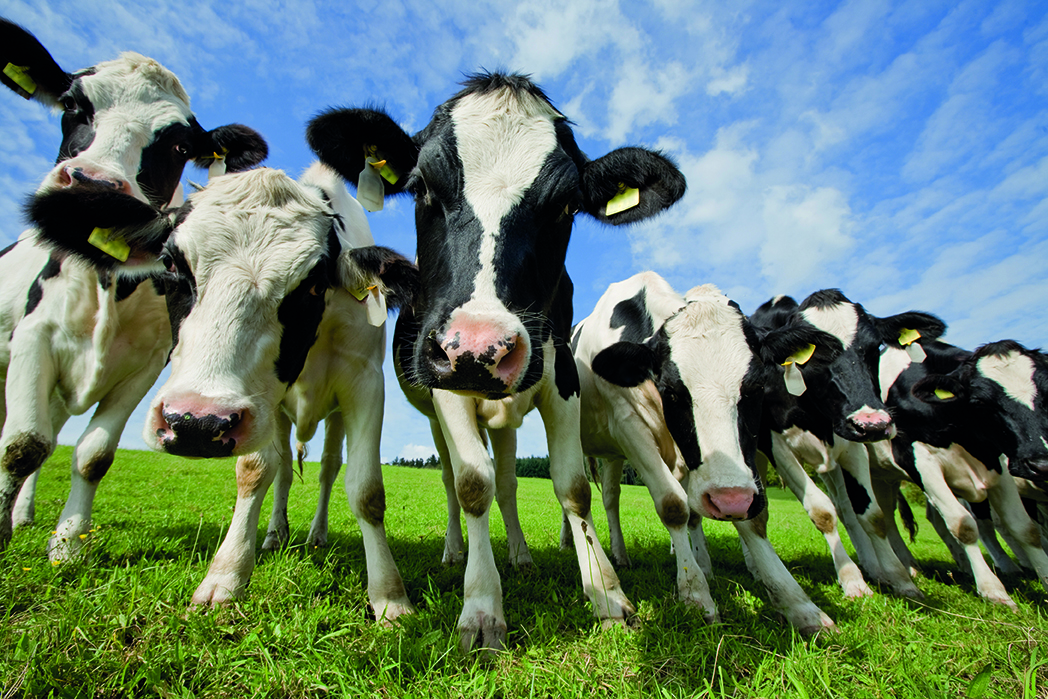
|
Flying - advantages |
|
Closed - advantages |
|
Eases pressures if housing/acreage is limited |
|
Removes risk of bringing disease on farm and consequently to overall herd health |
|
If labour is tight, more time can be focused on the main dairy herd |
|
Control over herd genetics |
|
Flexibility – 2 years saved if decide to change cow ‘type’ or farming system |
|
Better for cashflow – rearing costs can be reliably estimated |
|
|
|
Animals already used to your system |
|
Flying - disadvantages |
|
Closed - disadvantages |
|
Stress of new farm/different system could negatively impact health of cow – despite what you may have paid for it! |
|
More pressure on calving pattern in order to retain flow of replacements |
|
Market prices – if the prices are particularly high when you need replacements, there may be the temptation/need to overpay |
|
Loss of beef calf income |
|
|
|
Risk of mortality at calf stage |
In the last two months alone, the average cost of an in-calf heifer at a local market has ranged from £1,129-£1,687.
This combined with the information shown in the table below, suggests that cost-wise, there is not too much in it! It is largely down to personal preference and the availability of resources.
|
Cost of rearing |
|
|
Lost calf sale |
£ 250 |
|
Feed |
£ 350 |
|
Forage |
£ 150 |
|
Bedding |
£ 125 |
|
Vet/AI/Sundries |
£ 125 |
|
Share of overheads* |
£ 475 |
|
Total costs |
£ 1,475 |
*including: labour, power and machinery costs, property costs, finance charges, admin costs
Contract rearing
An alternative option for closed herds that are limited on space and labour can be contract rearing. The costs of this are fixed, which helps plan cashflow yet you keep the benefits of breeding your own replacements.
However there is a risk with this system that your rearer does not look after them to your standard. There is also still a disease risk – for example, the heifers could get caught up in TB restrictions making movements between holdings more difficult.
Kathy Harris
More News